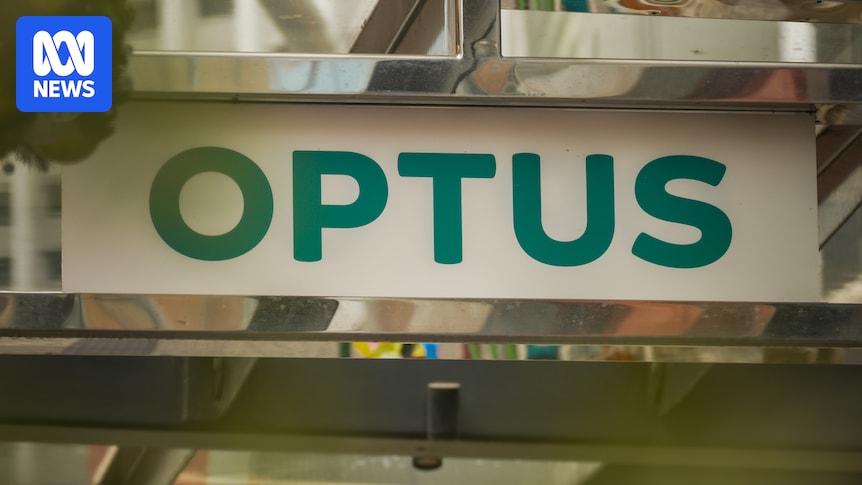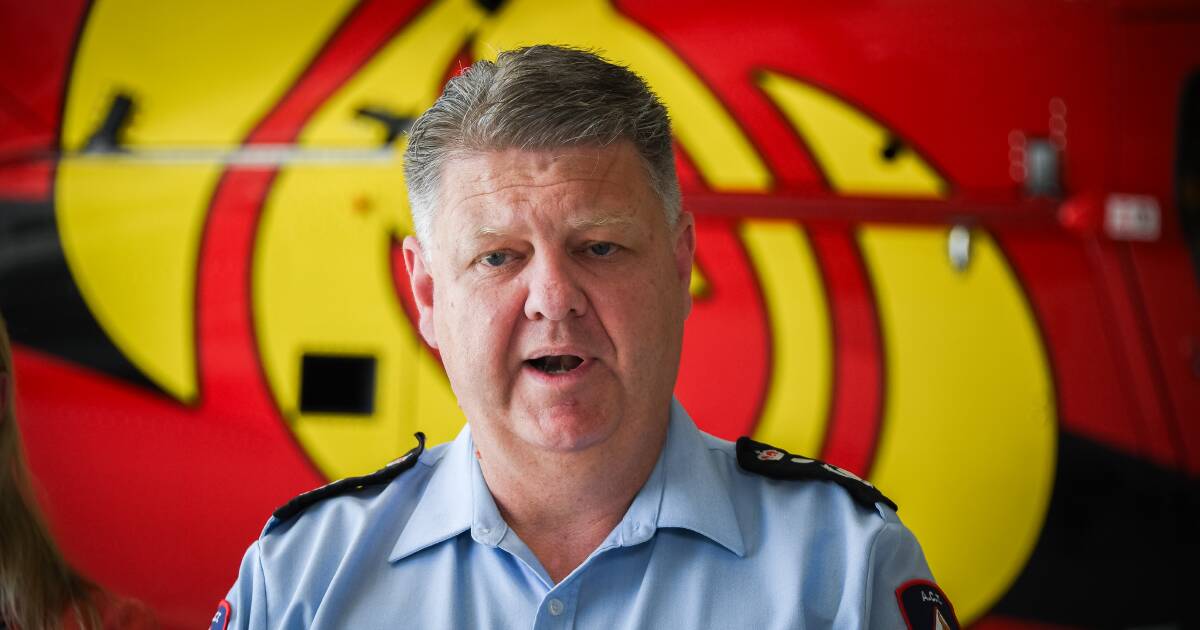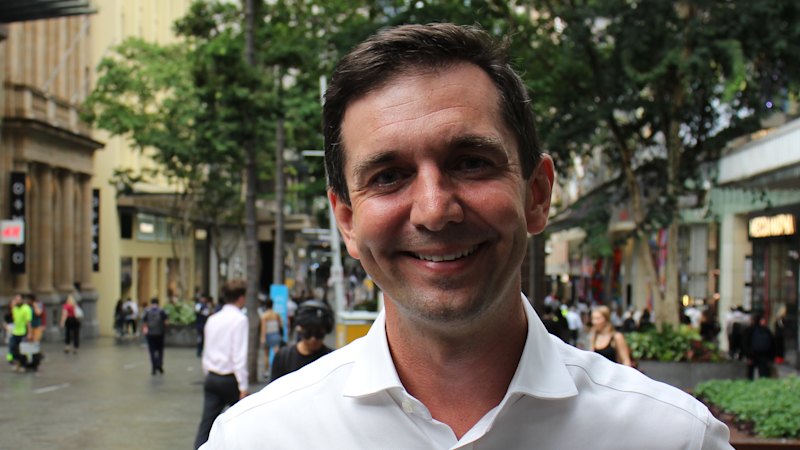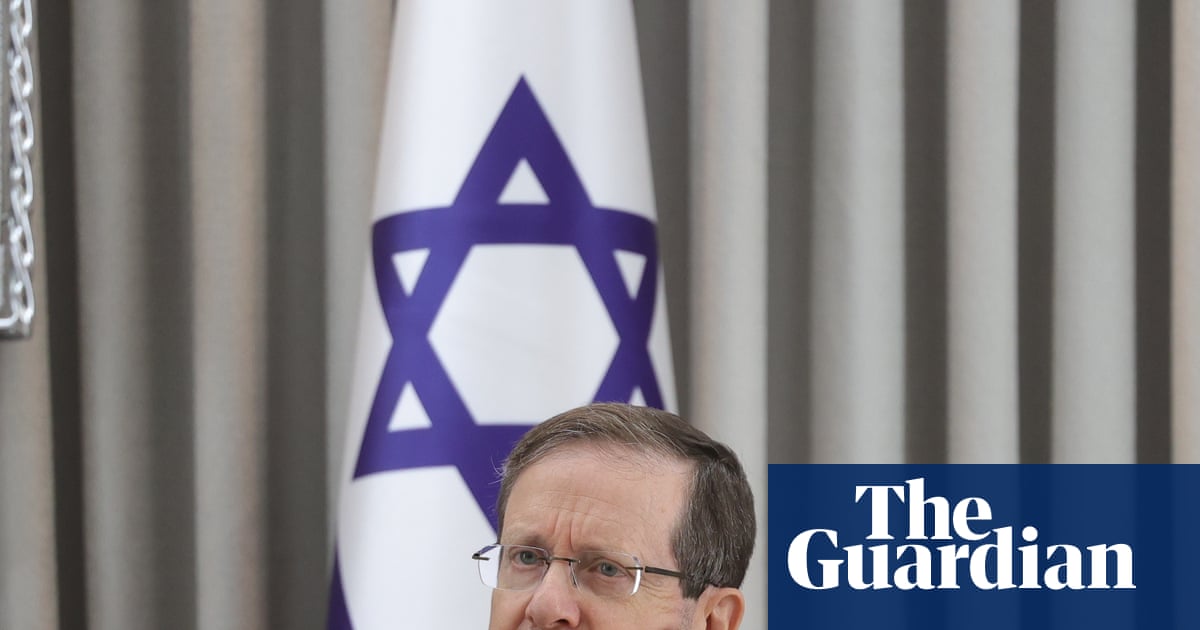
Optus Leadership Shakeup: Key Departures Announced
In a significant development for the Australian telecommunications sector, Optus has announced the planned retirement of its Chief Financial Officer, Michael Venter, who will also step down from his role as a Director on the Optus Board next year. This announcement marks a pivotal moment for the company as it navigates a series of leadership changes.
Optus CEO Stephen Rue acknowledged Venter’s decision to retire from executive life, stating, “Michael has decided to retire from executive life to pursue a portfolio career, and I wish to thank him for his significant contribution to Optus over the past four years, including the time he spent as interim CEO before I joined the company.”
Additionally, Mark Potter, the Chief Information Officer, has also announced his departure, slated for March 2026. John McInerney has been named as the incoming Chief Information Officer, starting in November 2025. Rue commented on Potter’s departure, “Following long-term and open discussions, Mark has decided that early next year is the right time to leave Optus after four productive years and having laid strong technology foundations for Optus’ transformation plans.”
Market Snapshot: ASX and Global Indices
The Australian Securities Exchange (ASX) finished flat at 9,032 points, reflecting a day of minimal movement in the market. This stability comes amid a backdrop of global financial fluctuations. The Australian dollar also remained steady at 64.84 US cents.
- S&P 500: -0.5% to 6,699 points
- Nasdaq: -0.9% to 22,740 points
- FTSE: +0.9% to 9,515 points
- EuroStoxx 600: -0.2% to 572 points
- Spot gold: -0.3% to $US4,078/ounce
- Brent crude: +2.33% to US$64.05/barrel
- Iron ore: flat at US$105.15/tonne
- Bitcoin: +0.64% to US$108,296
These figures highlight the mixed performance across global markets, with notable gains in the FTSE and Brent crude prices, while the S&P 500 and Nasdaq experienced declines.
Economic Indicators and Expert Insights
Inflation and Interest Rates
The National Australia Bank (NAB) has indicated that the August CPI signals an uncomfortably strong rise in Q3 trimmed mean inflation of 0.9% quarter-on-quarter. The bank noted, “We recently pushed our rate call out on the back of higher inflation in the quarter, though still expect the next move to be down.” This underscores the tension between stalling disinflation and the prospect of rising unemployment.
Oil Market Dynamics
The price of Brent Crude surged in Asian trade, rising sharply by 3% to US$64.51/barrel. RBC Capital Markets provided analysis on this development, attributing the increase to US sanctions on major Russian oil exporters. The firm stated, “Action by the US Department of Treasury to impose sanctions on the two largest Russian oil exporters, Rosneft and Lukoil, marks the most material move to date by the United States to shutter the Russian war [Autonomous Trade Measures] ATM.”
Corporate Sector Movements and Economic Outlook
BHP’s Strategic Outlook
BHP Chair Ross McEwan commented on the company’s approach to mergers and acquisitions, emphasizing the importance of value for shareholders. “As an organisation, we have scale, so that doesn’t wake us up at night and say we have to get more scale. But we do want to continue the path of growth and we just see some great opportunities that we’ve gone organically,” McEwan stated.
Karoon Energy’s Market Performance
Karoon Energy’s share prices surged by 8% following a positive Q3 sales revenue report. CEO Julian Fowles attributed this growth to “higher average realised oil prices” from the Baúna project in Brazil, which significantly boosted the company’s financial performance.
Consumer Spending Trends
Super Retail Group’s recent AGM highlighted a focus on promotional campaigns to drive sales. E & P Capital noted, “While sales growth in the past 2 months has softened slightly, the key trading window for 1H26 is the Black Friday/Christmas period and industry feedback/data continues to suggest that consumer spending remains clustered around key promotional events.”
Conclusion: Navigating Economic Uncertainty
The current economic landscape presents a complex mix of challenges and opportunities for businesses and policymakers alike. With leadership changes at Optus, fluctuating market indices, and evolving economic indicators, stakeholders must remain vigilant and adaptable. As the Reserve Bank of Australia prepares for its upcoming interest rate decision, the interplay between inflation, employment, and consumer behavior will be critical in shaping the nation’s economic trajectory.






